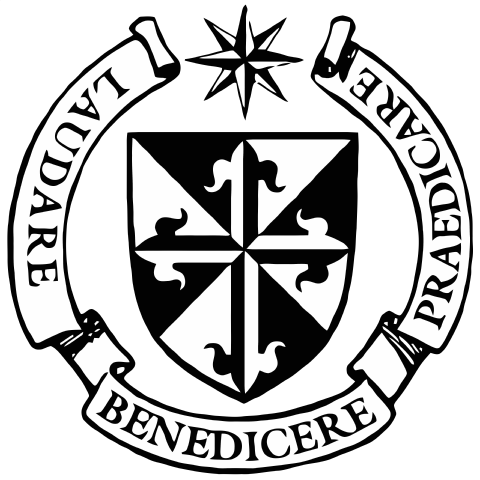Series on Saint Thomas Aquinas - Part Two
A Giving Heart
During the celebration of Mass on St. Nicholas Day in 1273, only a few months before St. Thomas’s death, he went into ecstasy. After this, he ceased his normal routine of dictating to Br. Reginald, his scribe. Confused by the new pattern, Br. Reginald asked what happened, to which St. Thomas replied, “All that I have written seems like straw to me.“ As a result, Aquinas never finished his monumental work, the Summa Theologiae.
From the time that he escaped his imprisonment from his family’s castle to this point in his life, St. Thomas had been prolific in his academic work. In fact, much of his religious life consisted of being assigned to a priory to undertake some special intellectual task. He had been assigned to Cologne, Paris, Naples, Orvieto, Rome, and then to both Paris and Naples again. He had written everything from works to settle controversies over the validity of the mendicant relIgious orders (i.e. could the mendicant orders like the Franciscans and Dominicans legitimately exist in the Church), Averroism, and the eternity of the world; to the liturgical texts for the new feast of Corpus Christi; to a new guidebook for seminarians, i.e. the Summa Theologiae; to designing an entire curriculum for academic formation for religious.
This all seemed to fulfill St. Albert the Great’s comment about Aquinas. During their time together in Cologne, some students were making fun of how quiet Thomas was. Albert said in reply, “You call him the dumb ox, but in his teaching he will one day produce such a bellowing that it will be heard throughout the world.“ It is so apparent, even from this brief overview, that the majority of Aquinas’s life was for the service of the Church and the Dominican Order. He was always giving, and we have been receiving ever since.
At the end of his life, though, this abundant and generous output just stopped on a dime. While it’s not known exactly what happened during that ecstasy, it is often assumed that St. Thomas had a vision of heaven and so couldn’t bear to write anything more, for it would only be like straw before the reality of the perfections of heaven.
A Heart for Heaven
In this, St. Thomas offers a most beautiful example for Christian living. At various points in our lives, the Lord might call us to serve Him in different ways. We might be teachers; have public service jobs; or work as doctors, lawyers, financiers, waiters, secretaries, consultants, and everything in between. Even at different points in life, the Lord might lead us from one area to another. There are periods where we are clearly called to serve Him and His people.
At some point, things can change, and that’s when the heart of the matter can come to the fore. No matter what sort of vocational work we carry out, what is at the center of our hearts? Is it us, or is it God? St. Thomas’s life is an example that leads to an invitation: how much do we search for heaven? Even in the midst of his incredibly generous work that is still affecting millions today, when the Lord showed Him something even deeper and more real and when the Lord revealed Himself to Thomas in a most particularly way, even a saint like Thomas changed his focus and followed God, and God alone. He simply wanted to sit before the reality of what He saw and basque in the light of the eternal Son of God.
How beautiful and how challenging! Yet, it is possible for the Lord to always be at the center of our lives and the center of our hearts. And when He rests there, then we too can rest in Him with the pledge of His future glory, dwelling deep within our soul.
